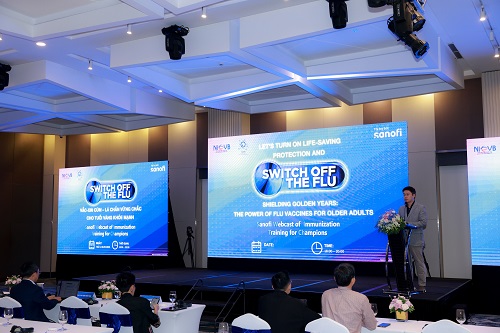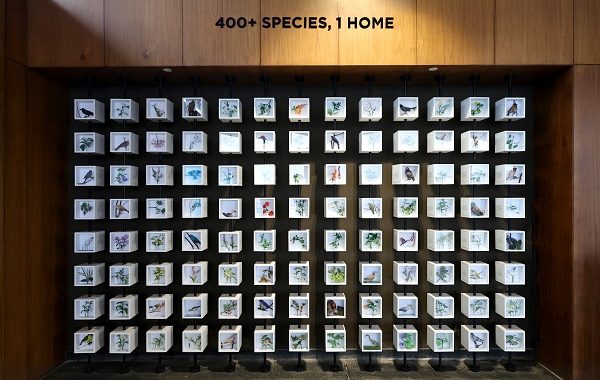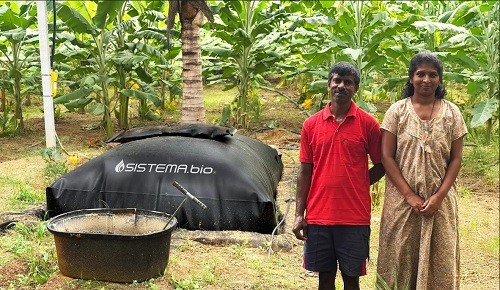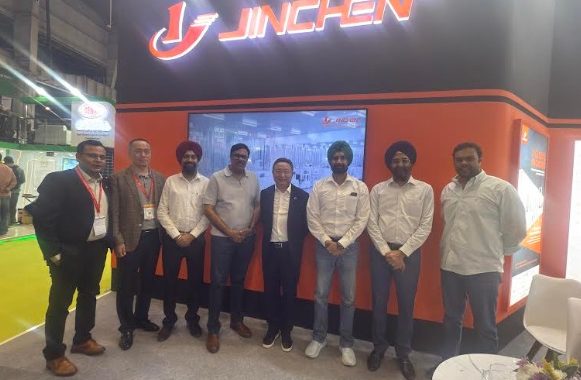Divyangjan don’t need our sympathy, they deserve every opportunity to develop to their full potential

‘Divyangjan don’t need our sympathy, they deserve every opportunity to develop to their full potential’: Vice President
VP says ‘Technology should not exclude differently-abled people’, calls for efforts into making accessible technology
Shri Naidu stresses importance of making public spaces accessible to differently-abled persons
Shri Naidu visits National Institute for the Empowerment of Persons with Intellectual Disabilities (NIEPID) in Hyderabad
The Vice President, Shri M. Venkaiah Naidu today called for a change in people’s mindset towards the Divyangjan community or the differently-abled and asserted that it is the responsibility of the government and society at large to prevent any kind of discrimination against them. He stressed the need for creating an environment for them to thrive and excel. “They do not need our sympathy, they rightfully deserve every opportunity to develop to their full potential”, he added.
The Vice President was speaking at the National Institute for the Empowerment of Persons with Intellectual Disabilities (NIEPID) in Hyderabad during his visit to the institute. Shri Naidu appreciated NIEPID for its work in empowering persons with Intellectual Disability and their families.
Underlining that accessibility is an important area of intervention for the differently abled, Shri Naidu noted the positive impact of the ‘Accessible India’ campaign and called for more interventions in the areas of environment, transport, information and communication systems.
Emphasising the need to make public spaces, transport and private buildings more accessible, Shri Naidu said that it was also important to sensitise teachers and non-teaching staff in schools to the needs of the differently-abled children.
Suggesting that it was important “to ensure that technology does not exclude differently-abled people”, he urged national institutions and universities in India to accelerate their work relating to accessible smart technology.
Shri Naidu called for all-round efforts to make the Divyangjan people financially independent by identifying and honing their skills from a young age. Reminding that the core values of India are those of ‘Sarvejana Sukhino Bhavantu’ and ‘Vasudhaiva Kutumbakam’, he called upon everyone – including the government, private sector, civil society and families to take initiatives to empower the differently abled and fulfil their duty or ‘dharma’.
The Vice President stressed the importance of early detection and identification of children at risk for disability conditions and called for opening up more such centres such as the newly established Cross-Disability Early Intervention Service Center (CDEISC) in all states. He also suggested to NIEPID to have a tie-up with institutions like the Centre for Cellular and Molecular Biology for early detection of disability risk among children. He underlined the need for counselling parents in case of early detection of the risk for disabilities among children. Shri Naidu suggested more collaboration between organisations such as NIEPID and Centre For Cellular And Molecular Biology (CCMB) for early detection and prevention of genetic disorders.
On this occasion, Shri Naidu expressed his appreciation for parents of differently-abled children who motivate and provide emotional support to them. “I salute you for nurturing these special children to develop their potential to the maximum extent. You all are true embodiments of hope and unconditional love”, he said.
Shri Naidu appreciated the staff and management of NIEPID and said that people working in the field of rehabilitation should do their duty as a ‘mission’. He also distributed aids and appliances to a few beneficiaries.
Prior to the event, the Vice President visited the Cross Disability Early Intervention Centre, the Special Education Centre at NIEPID and also visited stalls of various organisations working in the field of disability.
Shri Rajeev Sharma, Joint Secretary, Department of Empowerment of Persons with Disabilities, Shri B V Ram Kumar, Director, NIEPID, faculty and students of NIEPID, parents and others were present during the event.
Following is the full text of the speech:
“Sisters and brothers,
I am delighted to visit the National Institute for the Empowerment of Persons with Intellectual Disabilities (NIEPID) and acquaint myself with the activities being undertaken here. I am glad to learn that NIEPID is making significant advances in empowering persons with Intellectual Disability, its associated conditions and their families.
I am told that the institute, which is an apex body under the Ministry of Social Justice and Empowerment, has tripartite functions of training, research and services in the field of intellectual disability.
Indeed, institutes such as yours can make a qualitative difference in the lives of Divyangjans. I recall my visit to Composite Regional Centre (CRC) at Venkatachalam, Nellore, a few months ago, which is imparting skill training to Divyangjans to enable them to be economically independent.
Sisters and brothers,
Divyangjan or the differently-abled people – comprise a significant 2.21 percent of India’s population, according to Census 2011. Evidently, there is a need to empower them economically and socially and reduce their hardship in carrying out various day-to-day tasks.
Divyangjans rightfully deserve every opportunity to develop to their full potential. They do not need our sympathy. They need empathy, justice and training to hone their unique skill sets.
In this regard, it is the responsibility of the government and society at large to prevent any kind of discrimination against them and create an environment for them to thrive and excel. I see this Institute’s role as part of that important mission to build an inclusive society.
Sisters and brothers,
Time and again, many differently-abled people have proved their competence and excellence in various fields. They have shown the world that their disability is not a limitation to realizing their dreams. This only proves that if proper encouragement and environment are created, they will be second to none.
It is a matter of concern that people with intellectual disabilities continue to face discrimination and social stigma at times, hampering their integration into society. In many cases, it is the mindset of the immediate family members and the local community that has to change.
There is a need to create awareness among the people about the difficulties faced by Divyangjan community. Awareness will remove any misgivings and lead to empathy.
Sisters and brothers,
Accessibility is one important area that received attention in recent years, thanks to the ‘Accessible India’ campaign. Accessibility in areas of environment, transport, information and communication systems was addressed by this impressive campaign. Definitely, more needs to be done.
Public spaces as also government and private buildings need to be accessible to differently-abled people. Physical accessibility should also be improved in other built-up environments and in public transport. It is also important to sensitize teachers and non-teaching staff in schools to the needs of the differently-abled children.
It is also important to ensure that technology does not exclude differently-abled people. It is gladdening to see the efforts of technology companies to make their products inclusive. I urge national institutions and universities in India to accelerate their work relating to accessible smart technology.
Another problem that needs to be addressed by all the stakeholders is the shortage of trained power in the rehabilitation field. I am happy to know that NIEPID is training many such people through unique courses.
Early detection and identification of children at risk for disability conditions are very important. I am happy that the newly established Cross-Disability Early Intervention Service Center (CDEISC) is working towards this. Since NIEPID is located in Hyderabad, I would like you to have a tie-up with the Centre for Cellular and Molecular Biology (CCMB) in connection with the early identification and detection of children at risk for disabilities.
There is also a need to set up more such centres in various States. At the same time, there is a need to create awareness among parents on the need for counseling in case of early detection of the risk for disabilities among children.
Sisters and brothers,
Undoubtedly, parents of differently-abled children have to play the role of motivators and provide emotional support to them. I take this opportunity to express my appreciation to parents, who bring their children for undergoing training here. I salute you for nurturing these special children to develop their potential to the maximum extent. You all are true embodiments of hope and unconditional love.
Sisters and brothers,
Once again, I am very happy to have visited NIEPID and seen the excellent work being carried out here. NIEPID should continue to strive hard to come up with more innovative techniques, methods and procedures to make the lives of persons with an intellectual disability easier and seamless.
My compliments to all the staff at NIEPID for their efforts in the rehabilitation of persons with intellectual disabilities and their families!
Sisters and brothers,
India’s development story will be incomplete if we fail to harness the latent potential of all the citizens, including the differently-abled.
Our governance system at every level must be fine-tuned to respond to the special needs of the differently-abled. We have to act together and act now.
Thank you. Namaskar.
Jai Hind!”
*****
Also See:






